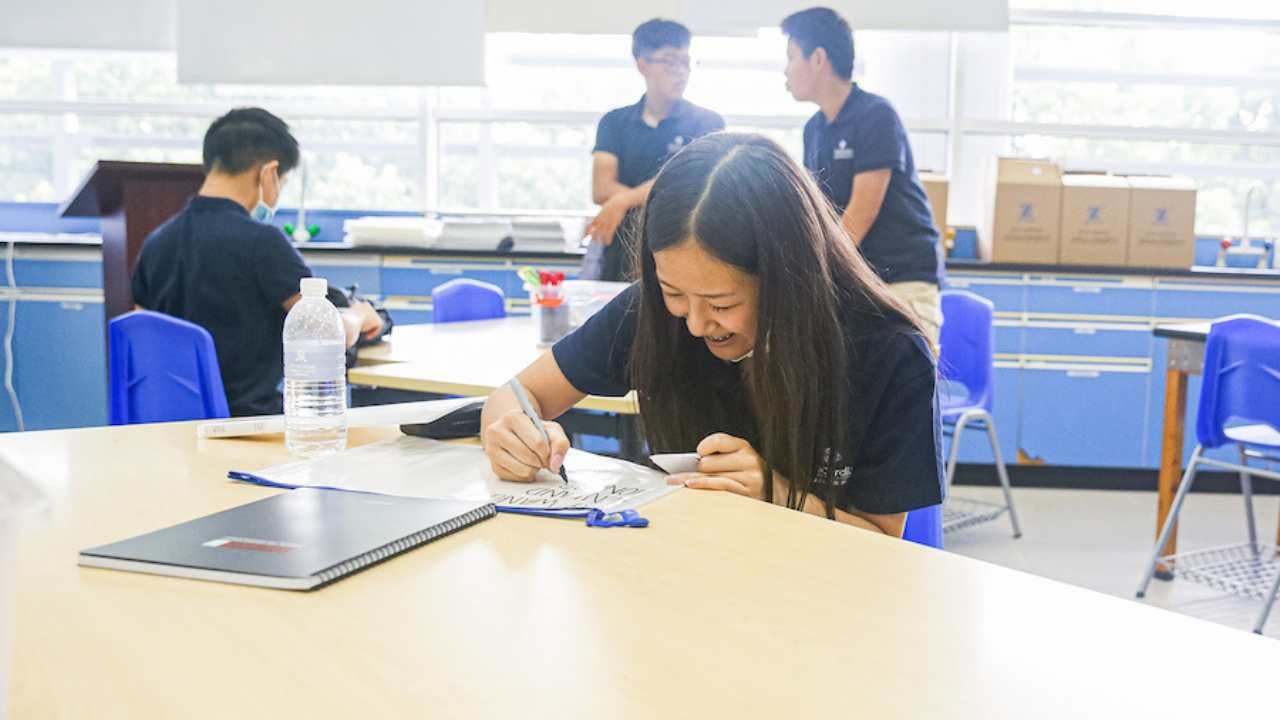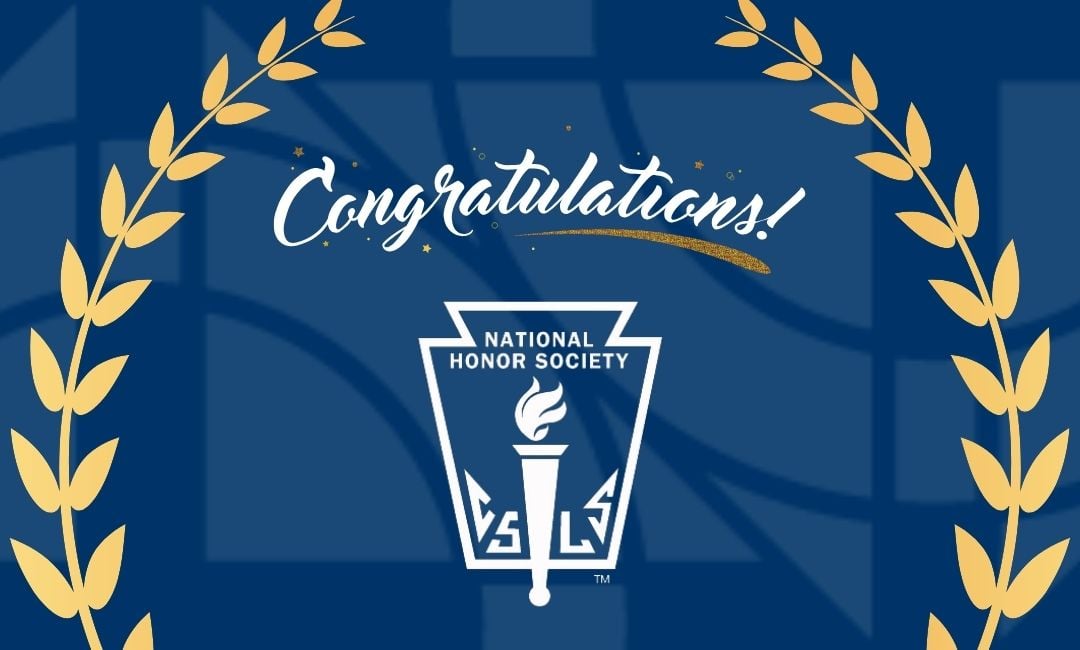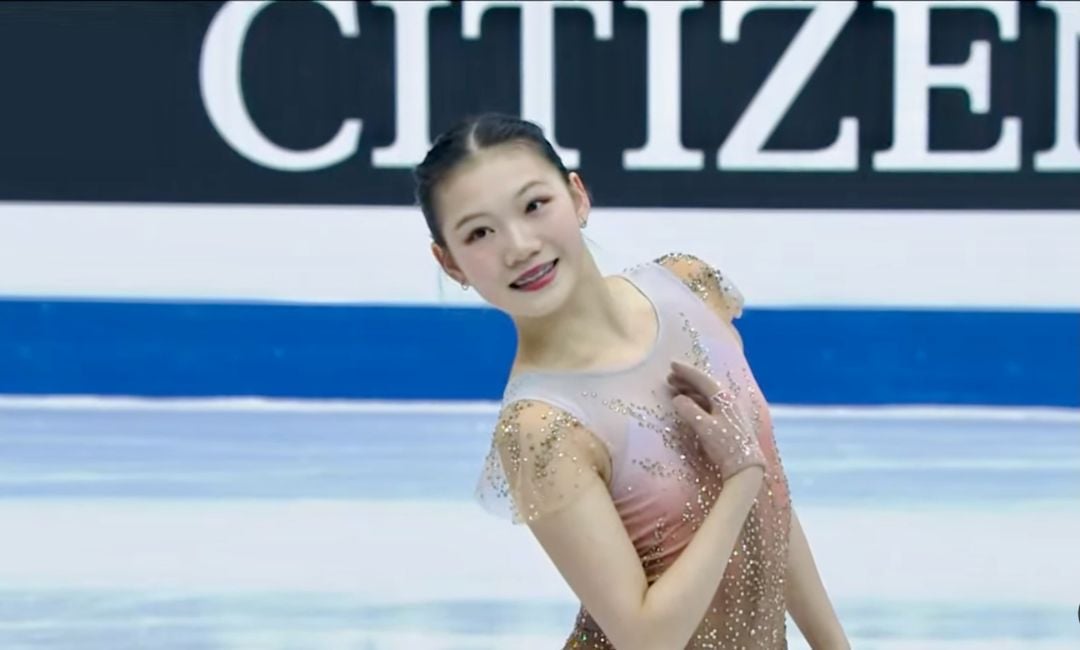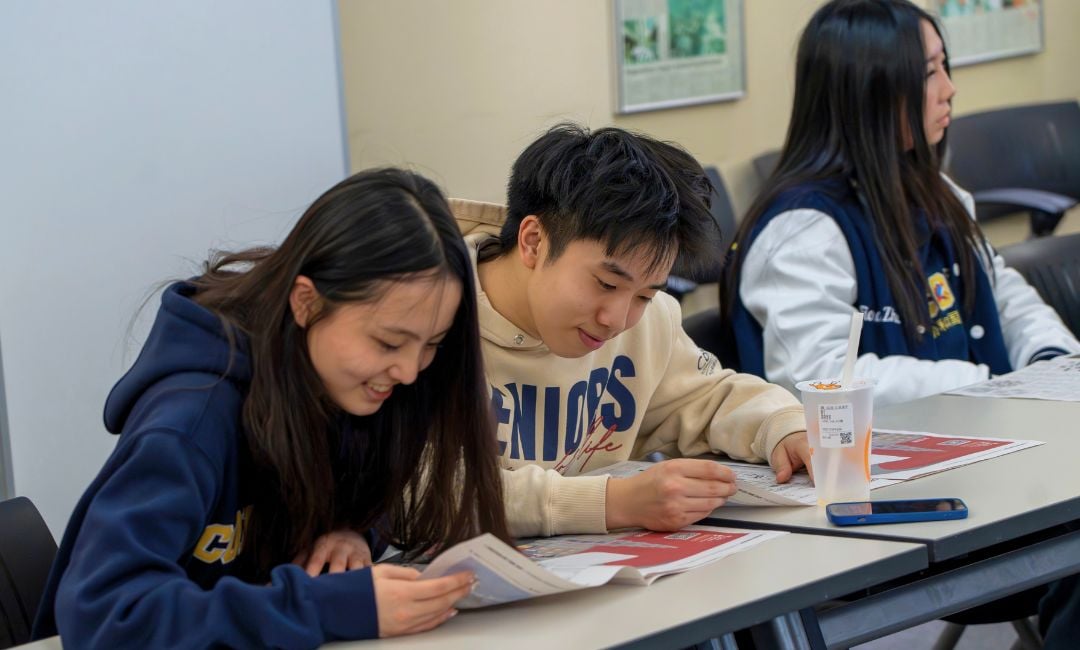
You may be hearing a lot about holistic learning and how it results in students who more deeply understand their learning, but is holistic learning really that much better than traditional learning?
Historically, preference was given to an educational structure built around rote memorization, tough examinations, and a top-down approach to learning. Though this academic structure may have been sufficient in the past, educators have never stopped exploring new ways to teach the next generation.
Today, colleges have shifted their focus from students’ test scores towards holistic experiences, and are looking for candidates who showcase more than academic achievement. When comparing holistic education to more traditional approaches, it’s clear a holistic approach better allows children to expand their knowledge and skills through well-rounded, experiential learning, leading them closer to their full potential.
Holistic learning plans can be personalized to unique strengths, interests and learning styles, often resulting in healthier and happier children. As a result, happy, healthy, and passionate students will be more prepared to impress college admissions officers on the lookout for resilient, well-rounded students.
Benefits of a holistic education versus traditional education
UNESCO defines holistic learning as a learning approach that activates the learner’s intellect, emotions, imagination and body for more effective and comprehensive learning. This aligns with education mentalities at international schools like Concordia Shanghai and our interpretation of “holism.”
At Concordia, when we say we educate a child, we mean that we invest in and tend to each student in the following ways:
-
Spiritually - through service learning and character development
-
Physically - through athletics and co-curricular activities
-
Emotionally - through social-emotional learning and counseling services
-
Socially - through community-related activities and special interest clubs
-
Intellectually - through academics and other co-curricular activities
At its heart, a holistic philosophy is a belief that different parts make up a whole, and that in order to be academically successful, the entirety of a student’s needs are considered - be they emotional, social, academic etc.
Holistic learning allows students to recognize several dimensions of themselves rather than solely as an academic being, or as a collection of facts, figures, formulas, statistics etc. Through holistic learning, they’ll know themselves in relation to a widespread local and global community made up of its own complexities. They hone the ability to think critically and compassionately about how they fit into an elaborate network of relationships throughout the world. Students within a holistic learning structure are more deeply engaged with their learning.
In order to impress college admissions on an application, students nowadays require more than high scores. Officers are eager to meet the student behind the scores, driven by a genuine love of learning and desire to put their knowledge to practical use within the aforementioned ways.
What are the benefits of a values-based education?
A holistic education approach plants the seed for that passion, because it opposes the concept of learning by force. Its methods allow for students to explore the hundreds of different pathways toward the same destination. By the time the student applies for college, they’ll be well-equipped to excel as researchers and innovators in the field of their choice, thanks to the following advantages of a holistic approach to learning.
A focus on learning how to learn, not what to learn
Much like many of the top international schools in the world, at Concordia, we believe that every student absorbs information through their own unique combination of learning styles.
This lends its way to Concordia’s own philosophy of what we call “deeper learning, wrapped in relationships.” Deeper learning is a type of processing marked by a student’s ability to transfer what they have learned to new situations.
Because we believe relationships feed collaboration and personalization, we tailor what we teach to who we teach. In this environment, students come to value diversity and idea-sharing inside and outside of the classroom, making them strong candidates for success within the multicultural landscape of how to impress college admissions and eventually, find personal success and happiness in the workplace and in their lives.
The holistic use of experiential learning enables them to tap into these styles by way of engaging in an activity then reflecting on the experience.
The concept of experiential learning is based on a learning styles model developed by educational theorist David Kolb in 1984. Its process includes the integration of:
- Knowledge of facts and information acquired through formal learning
- The application of that knowledge through activity in a real world setting
- The synthesis and analysis of both knowledge and activity to create new knowledge by way of reflection
Examples of experiential learning activities include internships, practicums, field exercises, studio performances and lab experiments. All these activities and more create opportunities for students to test new concepts and observe the results in their own way. Correspondingly, they’ll develop problem-solving skills that can be applied in any real-life challenge they may face.
Holistic education develops an intrinsic motivation for learning
When comparing holistic education versus traditional education, under traditional education models, students are typically offered extrinsic motivation. Students are instructed to learn core subjects through rote memorization for the sake of earning external rewards, like passing a test or exam, avoiding punishment or other negative reactions, or gaining status.
Unfortunately, research shows that those same students tend to lose engagement after they have achieved the external reward. So how do educators harness a students’ intrinsic motivation for learning?
Within a holistic approach, an intrinsically motivated student learns not because they have to, but because they want to. For example, a child learns math because the skill will help them to read music and evolve in their favorite pastime, playing the drums. They’ll be excited to study plant biology because of their love of being outdoors, or they’ll take an interest in chemistry because they are passionate about baking.
Students can be intrinsically motivated by opportunities to explore, create, or grow their relationships, and ultimately earn gratification from their achievements, discoveries and personal experiences.
An intrinsically motivated student is far more likely to express enthusiasm for their studies and feel joyful in their education. This ties into Concordia’s interpretation of holism, and our commitment to fostering growth on multiple levels as students prepare for the exciting transition into college life.
Developing essential soft skills
The application of a holistic philosophy goes further than how to impress college admissions. At Concordia Shanghai, we believe a sufficient education is the foundation on which a child builds their life, both during class and after graduation.
Experiential learning through a holistic approach often entails social activities. In what is perhaps one of the most long-lasting benefits, students simultaneously process information while forming meaningful bonds with their peers and instructors. These connections will shape their spiritual, emotional and psychological well-being, enabling students to feel confident to go wherever their curious minds take them.
Most of all, the holistic approach develops empathy - a quality proven to promote good mental health, tolerance and acceptance of others, and invaluable leadership skills - which will enable your child to thrive both personally and professionally, now and later in life.
Though such skills as empathy, communication, etc may not be easily measured on an examination. But the short-term and long-lasting benefits of soft skill development as seen within the context of a holistic education are reflected in happy, healthy, and intrinsically motivated students.




